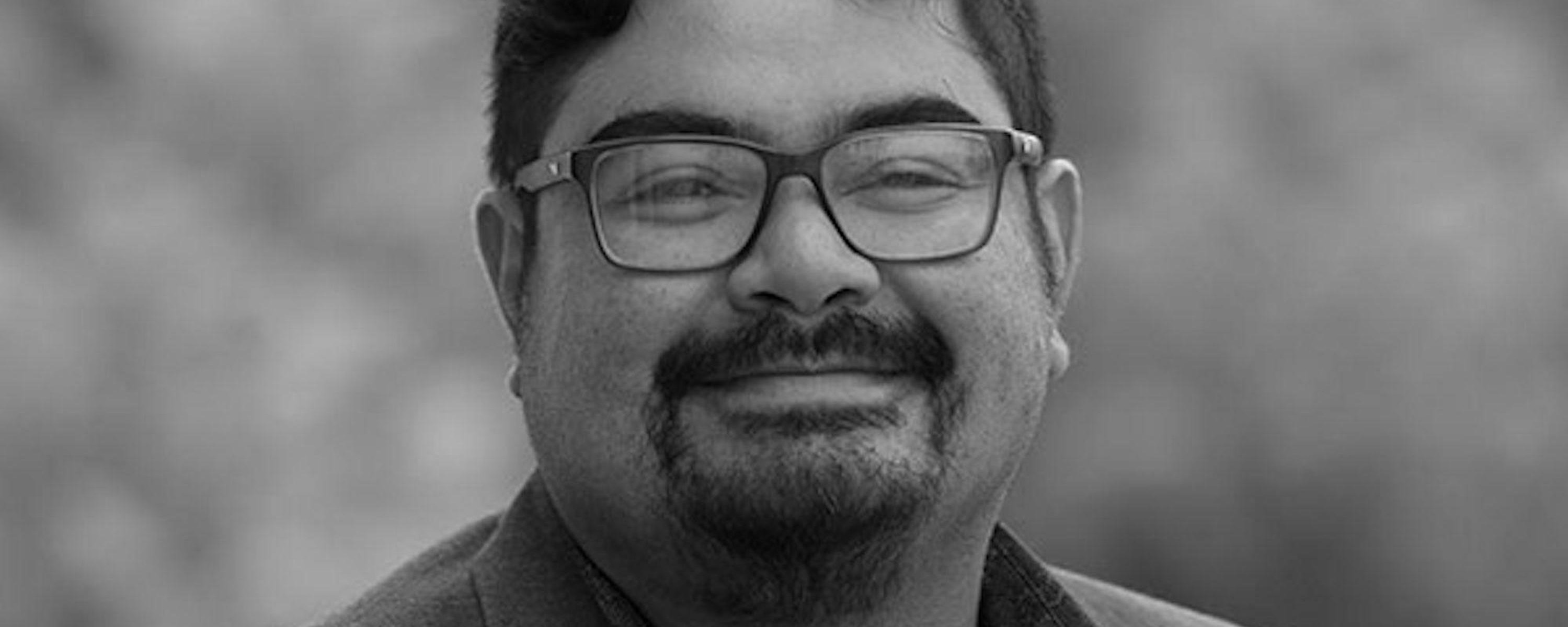President Nayib Bukele has no one else to blame but himself for El Salvador’s risk of default. He put the country on the brink of a financial meltdown, despite the fact that El Salvador does not report the worst economic indicators in Central America. His popularity protects him little from foreign market analysts who estimate the country has an 87 percent chance of defaulting in the next five years.
El Salvador appears to have the liquidity to partially pay its foreign debt, its inflation seems manageable, and it has a constant flow of money from the United States in the form of remittances. If the “fundamentals” seem to be in order, why do the credit rating agencies estimate that the country is close to default? Treasury Minister Alejandro Zelaya responds that the problem is the way credit risk is calculated, on indexes like JP Morgan's Emerging Market Bond Index (EMBI). According to Zelaya, these financial indicators either do not work or they “measure the country poorly.” As self-consolation, Zelaya compares El Salvador with Costa Rica, which, despite higher public debt, has lower credit risk. The minister has wondered out loud how El Salvador, with a pro-market ideology, 'rule of law,' and a clean credit record, is perceived as a gigantic failure.
What Minister Zelaya does not or is too afraid to understand is that the greatest risk facing the government is in Casa Presidencial and has a Twitter account with more than three million followers. The credit rating agencies only reflect what many economists in multilateral organizations mutter off the record: El Salvador’s problem, as I also call it, is one of financial responsibility. Rating agencies believe El Salvador will struggle to pay the $800 million in sovereign bond debt by 2023, but if they do manage to do so, the nation will have trouble cutting public sector paychecks and paying back domestic creditors.
Worse yet: There are those in international finance who suspect that if Bukele is unconstitutionally re-elected in 2024 he could unilaterally rewrite the terms of the debt, or decide not to pay altogether. Bukele would have the perfect cast of scapegoats: multilateral financial organizations, the U.S. government, and the political opposition.
Bukele is a case study of how to destroy a public image. Theorist Michael Kunczik asserts that trust is the currency of international relations. Trust, he explains, is not only a product of a country's wealth. He argues that the image that international audiences and foreign elites have about a nation matters in building trust with financial institutions. In terms of international relations, economic confidence in a country is measured by the perception of risk evaluators like S&P, Moody’s, and Fitch — agencies who for now have labeled the risk in El Salvador as extremely high.
As a country with few resources, El Salvador’s image depends on trust, which in the current iteration of capitalism is the currency of international commerce. This trust is not only built with “hard data,” but also with the economic and political elite’s interpretation of El Salvador. Experts in finance might not specialize in Salvadoran culture, but they do read Bloomberg and The Wall Street Journal. Through these outlets and conversations with local actors, financial analysts have developed a perception of Bukele’s actions as those of a third-world leader entranced by his own reflection and lacking a plan to prevent his country from sliding into insolvency. Under that logic, instead of negotiating new credit lines with international organizations, the president decided to pray for a bitcoin miracle.
There are those who compare Bukele’s El Salvador to the Venezuela of Hugo Chávez, but unlike the latter, Bukele is not sitting on the largest petroleum reserves in the world. And as opposed to Middle Eastern autocracies, Bukele’s brand of authoritarianism is not understood by credit agencies as part of a political system that guarantees economic growth. His gestures and actions are seen as delirium, separated from efficient measures by billions of dollars.
As the price of bitcoin and other cryptocurrencies plummets, the Salvadoran president is doing the opposite of what he needs to. On Monday, May 9, he bought more bitcoin with public funds and announced that he has already received the mockup for his signature project, Bitcoin City. The bitcoin showmanship has already exacted a price on his ability to pay the debt. According to Bloomberg, the government has lost in bitcoin the equivalent of interest payments to their bondholders. Bukele seems increasingly divorced from reality and immersed in a world of conspiracy theories.
Exor, the company that emits El Salvador’s international bonds, launched a public relations campaign in the United States this February to soothe investors’ fears of a possible default. They are sending letters to investors and promising meetings with Zelaya himself and with Economy Minister María Luisa Hayem. The campaign appears to have borne unexpected fruit: the price of the bonds is in freefall and the international narrative is that El Salvador is on the brink of economic crisis. Bukele’s delusions of grandeur are on the verge of thrusting the country into a downward spiral of defeat. Markets expect the worst from a president who confuses trust in him with religious faith.

